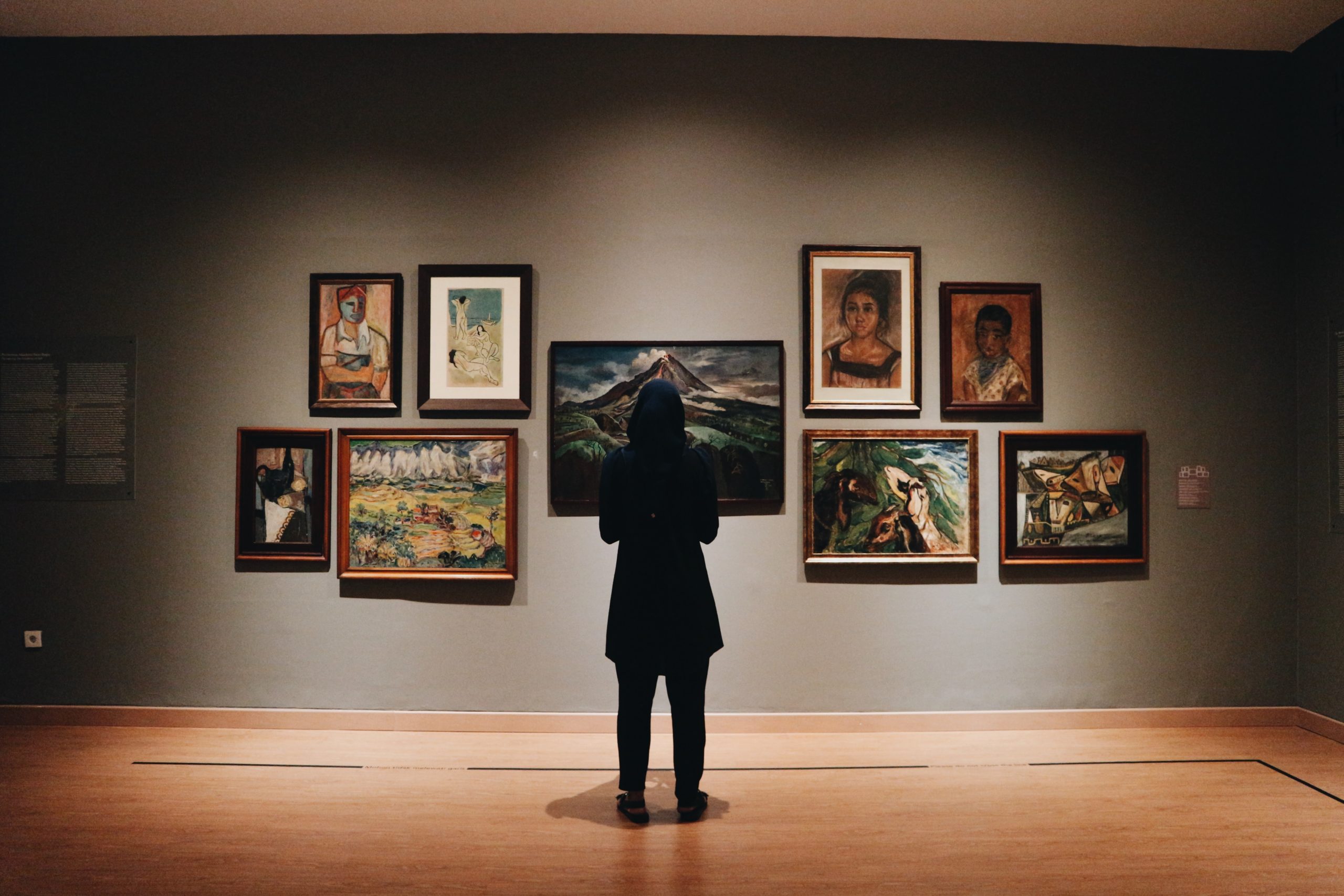Basic Income for the Arts finally awarded to 2,000 Irish artists
 Image: Unsplash
Image: Unsplash
Basic Income for the Arts finally awarded to 2,000 Irish artists
Words: Ellen Kenny
After delays in rollout, this new scheme has been rolled out, providing 2,000 creative workers with basic income.
The Government has officially selected the 2,000 Irish artists to receive basic income in a “groundbreaking” scheme. Starting today, the selected artists will receive 325 euros per week for the next three years, after which recommendations will be made for the future of the scheme.
According to the Government, the selected applicants “includes representatives from all art forms, age groups, ethnicities and counties.” The successful applicants include 707 visual artists, 584 musicians, 204 filmmakers, 184 writers, and 173 artists working in theatre. There are also 32 dancers and choreographers, 13 circus artists and 10 architects in the scheme. 54 artists selected work through the Irish language.
Minister for Tourism, Culture, Arts, Gaeltacht, Sport and the Media, Catherine Martin said, “The Basic Income for the Arts (BIA) pilot scheme is a once-in-a-generation initiative.”
“It makes a strong statement about the value Ireland places on the arts and artistic practice, both for its intrinsic value and in terms of our personal and collective wellbeing, and also in terms of its importance to our identity and cultural distinctiveness on the global stage.”
Ireland is one of the first countries in the world to introduce a Basic Income for the Arts. The current Programme for Government also committed to introducing a pilot universal basic income scheme.
Introducing Basic Income for the Arts
The BIA Scheme was first introduced in the latest Programme for Government. Applications opened for artists to apply for BIA in April, and closed again in May. 9,000 artists and creatives applied for the Basic Income scheme. Applications are to be selected at random and are not means-tested.
Successful applicants were to be chosen and informed in June, according to previous reports. However, selection of candidates was delayed to July and then delayed again in August. Previous reports feared that the scheme would not be rolled out until October. However, the Government was able to meet their third deadline and provide income to artists across Ireland.
Clare Duignan, Chair of the Arts and Culture Recovery Taskforce, said, “COVID-19 was extremely challenging for artists and creative workers, exposing vulnerabilities which have existed for decades within the Irish arts sector.”
“This pilot has the potential to be genuinely transformative in terms of the lives of participants and the sustainability of the sector, and should reduce the constant level of uncertainty and insecurity felt by many in the arts sector.”
As part of the Government’s research, 1,000 eligible applicants who were not selected to receive the payment were also selected to participate in a control group. The Government will measure their standards of living against the standards of those with basic income. Through this, the pilot scheme can evaluate the need for basic income for all artists in the future.
Elsewhere on District: Oneohtrix Point Never headlines ‘Haunted Dance Hall’ at NCH